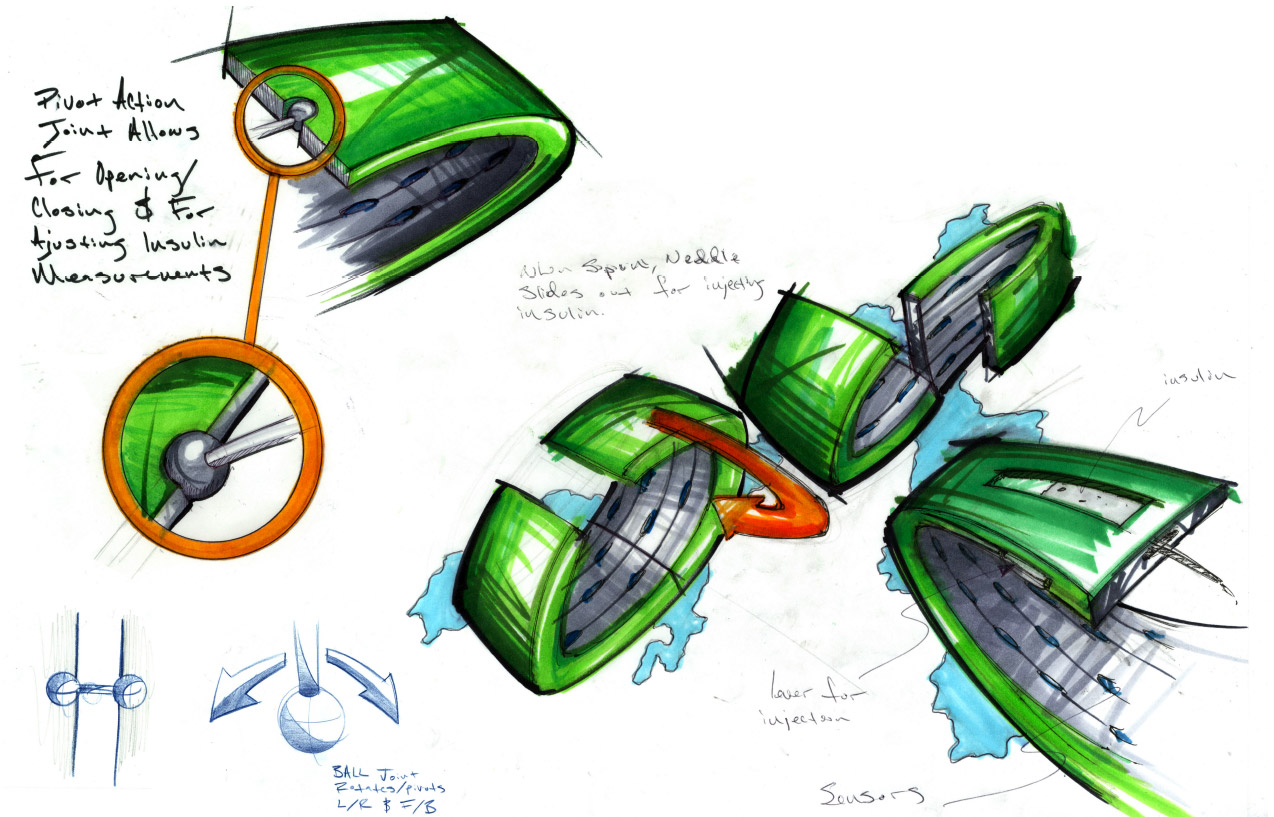Table of contents
Brand new for 2019, a team of researchers from RMIT University, Melbourne have developed a range of wearable wristbands that react to UV radiation from the sun. These ‘UV wristbands’ utilise light-sensitive ink that gradually turns black the longer you have been exposed to the sun’s radiation. Consequently, the wearer can mange their daily exposure to the sun’s rays without fear of overexposure.
With 2018 seeing a raft of record-breaking average temperatures across the UK, monitoring your exposure to potentially dangerous UVR (ultraviolet radiation) has never been more important. The photo-sensitive ink embedded in the wristbands reacts to even low doses of UVR making them a very effective tool in the prevention of skin cancer.

Cleverly, the UV wristbands utilise smiley and frowny faces by way of a transparent sheets that filters out the light
Quick overview of ultraviolet radiation (UVR).
UVR or ultraviolet radiation is emitted from the sun and is categorised into 3 bands of UVA, UVB and UVC. The UVC band is absorbed when it hits the planet by the ozone layer, whereas bands UVA and UVB make it to the planet surface.
Bands A and B are known to cause damage to the human body such as a weakening of our immune system, premature ageing, cataracts and can cause skin cancers.
UVR helps the body in the production of vitamin D, can help prevent lupus, rickets and also helps with psoriasis. It’s important to note that any of the conditions mentioned can result in the skin being more sensitive than normal to light.

UVR or ultraviolet radiation can cause damage to skin cells
The UV reactive ink contains a chemical called phosphomolybdic acid (PMA). The PMA gets progressively darker the more it is exposed to UVR. Initially starting off as colourless, the ink turns blue and then gets darker with further exposure. Most notably, the PMA ink can be printed from an ink-jet printer in the same manner as another other ink.
Cleverly, the paper wristbands utilise smiley and frowny faces by way of a transparent sheets that filters out the light. The researchers at RMIT University also created 6 versions of the UV wristbands. These are from 1-6 (light-dark) for different skin tones. Professor Vipul Bansal from the chemistry and environmental science department at RMIT is quoted as saying:
“We are excited that our UV sensor technology allows the production of personalized sensors that can be matched to the specific needs of a particular individual.”
The paper wristbands are still undergoing testing for various outdoor conditions. Costs are estimated to be around 55p per wristband.
The summer festival and the use of UV wristbands.
One possible use of these wristbands could be for summer festivals. With millions enjoying the summer sun, festivals can be rife with patrons suffering from overexposure to the sun. No doubt these could then be further customised and be given away for free on entry as festival wristbands.
Doing so could ensure patrons are warned about how much exposure they’ve had to UV light on any given day. The patrons could be given a small package with instructions. This could happen when the dosimeter band is placed on their wrist during the admission process.



